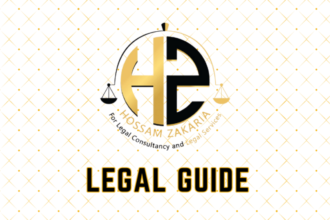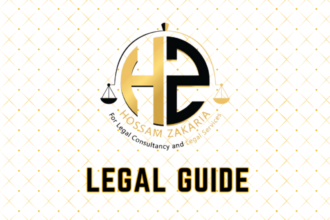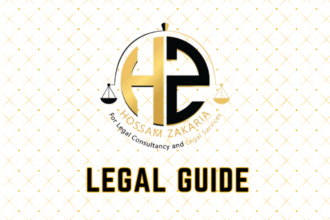Saudi Arabia
Unveiling the Legal Landscape: Law in Saudi Arabia
Understanding the Legal Framework
A Brief Overview
Saudi Arabia boasts a unique legal system deeply rooted in Islamic law, known as Sharia. This section provides an introduction to the Saudi legal structure and its historical significance.
The Role of Sharia
Delve into the foundational principles of Sharia and its pervasive influence on Saudi Arabian law, governance, and societal norms.
Legal Institutions
Explore the key legal institutions in Saudi Arabia, including the Ministry of Justice and the Sharia courts, and their functions in administering justice.
Rights and Responsibilities
Rights of Citizens
Discover the rights guaranteed to Saudi Arabian citizens under the law, including religious freedoms, property rights, and access to education and healthcare.
Responsibilities of Individuals
Learn about the duties and obligations expected of individuals in Saudi society, from adherence to Islamic principles to respect for authority and social norms.
Legal Protections
Examine the legal protections afforded to individuals in Saudi Arabia, including safeguards against discrimination, exploitation, and arbitrary detention.
Criminal Justice System
Penal Code
Understand the Saudi Arabian Penal Code and the range of criminal offenses it addresses, from theft and assault to cybercrime and terrorism.
Court Procedures
Explore the procedures followed in Saudi courts, including the investigation, trial, and appeals process, and the role of judges and legal professionals.
Punishments
Examine the range of punishments prescribed under Saudi law, including fines, imprisonment, corporal punishment, and the death penalty, and their application in practice.
Family Law
Marriage and Divorce
Gain insight into the regulations governing marriage and divorce in Saudi Arabia, including requirements for marriage contracts, consent, and dissolution of marriage.
Child Custody and Guardianship
Explore the laws pertaining to child custody and guardianship, including the rights of parents and the role of the courts in resolving custody disputes.
Inheritance
Understand the principles of Islamic inheritance law applied in Saudi Arabia, including the distribution of assets among heirs and the role of wills in estate planning.
Commercial Law
Business Regulations
Learn about the legal framework governing commercial activities in Saudi Arabia, including company formation, contracts, and dispute resolution mechanisms.
Investment Laws
Explore the regulations governing foreign investment in KSA, including incentives, restrictions, and the role of regulatory bodies in promoting economic growth.
Intellectual Property Rights
Examine the laws protecting intellectual property rights in Saudi Arabia, including patents, trademarks, and copyrights, and the enforcement mechanisms available to rights holders.
Conclusion
In conclusion, the legal landscape of Saudi Arabia is complex and multifaceted, reflecting its rich cultural heritage and Islamic tradition. By understanding the intricacies of Saudi law, individuals can navigate the legal system with confidence and ensure their rights and obligations are upheld.


